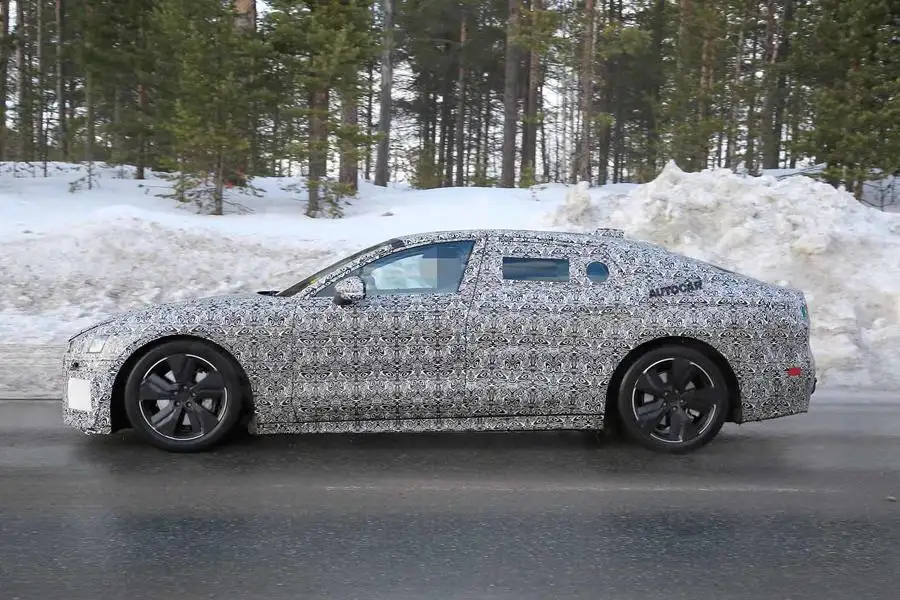
JLR’s current electrified models, the Range Rover and Range Rover Sport plug-in hybrids, are built at its Solihull plant, while the electric Jaguar I-Pace is produced by contract manufacturer Magna Steyr in Graz, Austria. Autocar first reported that the next-generation XJ would go electric in 2015.
The company said the new XJ will “build on the characteristics synonymous with its predecessors: beautiful design, intelligent performance and revered luxury”, adding that it will be built by the same “expert team of designers and product development specialists” responsible for delivering the I-Pace.
The previous announcement builds on JLR’s plan, confirmed earlier this year, to bring its battery and Electric Drive Unit assembly to the Midlands. The Battery Assembly Centre at Hams Hall, opening soon, will be capable of producing 150,000 units annually, while the Wolverhampton Engine Manufacturing Centre (EMC) is the home of JLR’s global EDU production.
JLR, which announced 4500 job losses last year, said the news “safeguards several thousand jobs in the UK”.
Work on Castle Bromwich has begun in order to allow it to support JLR’s next-generation Modular Longitudinal Architecture (MLA), which can house diesel and petrol vehicles alongside electric and hybrid models.
JLR chief executive Ralf Speth said: “The future of mobility is electric and, as a visionary British company, we are committed to making our next generation of zero-emissions vehicles in the UK.
“We are co-locating our electric vehicle manufacture, Electronic Drive Units and battery assembly to create a powerhouse of electrification in the Midlands.”
Speth, when asked about the scale of the investment, said: “When you get into new architectures like we have, you’re into the billions, spread over years to come.”
JLR said that while the expansion of its electrified line-up will give customers a greater choice, “increased consumer take-up remains a challenge”.
It called on government and industry to work together to bring a Tesla-like giga-scale battery production facility to the UK to put the country at the “leading edge of electric mobility”.
Speth said: “Convenience and affordability are the two key enablers to drive the uptake of electric vehicles to the levels that we all need. Charging should be as easy as refuelling a conventional vehicle.